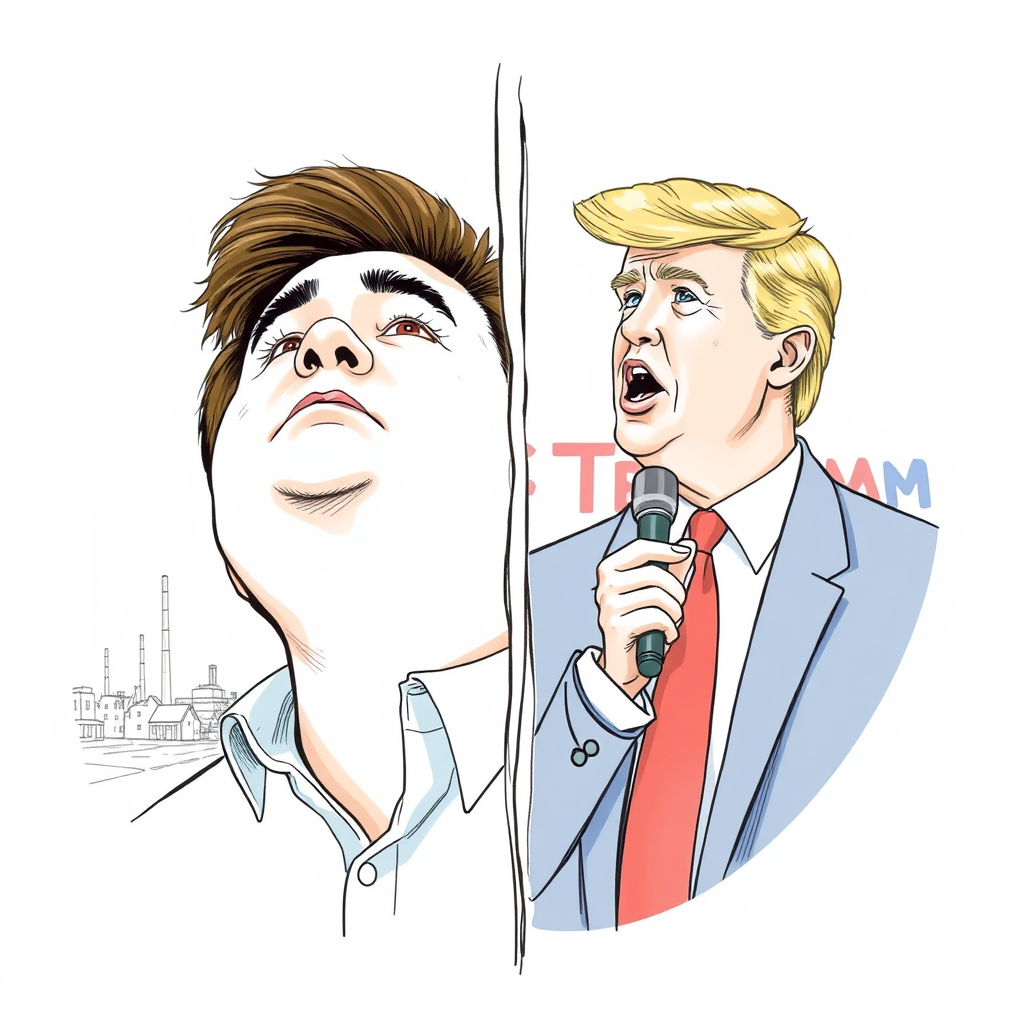JD Vance Accused of Trading Values for Trump

JD Vance is facing criticism for what some observers see as a deliberate abandonment of his previously articulated values in his staunch support of Donald Trump. A recent article in The Atlantic details Vance’s political evolution, tracing his background from a working-class upbringing in a de-industrialized Ohio town to his education at Yale Law School and, ultimately, his current role as a vocal advocate for Trump’s “MAGA” movement.
Author George Packer argues Vance possessed a unique perspective – bridging the gap between two distinct worlds – that could have fostered national unity. Instead, Packer contends, Vance embraced a path of increasing polarization, aligning himself with post-liberal populism and becoming a fervent supporter of Trump, even at the cost of his own stated principles.
The article highlights a stark contrast between the Vance portrayed in his bestselling memoir, Hillbilly Elegy, and the current political figure who frequently engages in inflammatory rhetoric. Packer points to instances of Vance making disparaging remarks about various groups, including single women and Haitian immigrants, as well as his combative online behavior and controversial statements regarding Ukraine.
A central argument presented is that Vance now utilizes his background and the struggles of his community to justify policies and statements that may actively harm those same people. Packer suggests Vance’s vision of American identity has become narrowly focused on his Appalachian roots, diverging from the broader principles outlined in the nation’s founding documents.
The piece frames Vance’s trajectory as a potential cautionary tale, presenting two possible outcomes: a return to his roots to champion the underserved, or a descent into ambition-fueled moral compromise. It’s a compelling, if critical, examination of a politician who once seemed poised to offer a different voice, and now appears fully entrenched in a deeply divisive political landscape. The question remains whether Vance’s choices represent a genuine ideological shift or a calculated strategy for political advancement, and what the long-term consequences will be for both his constituents and the nation.